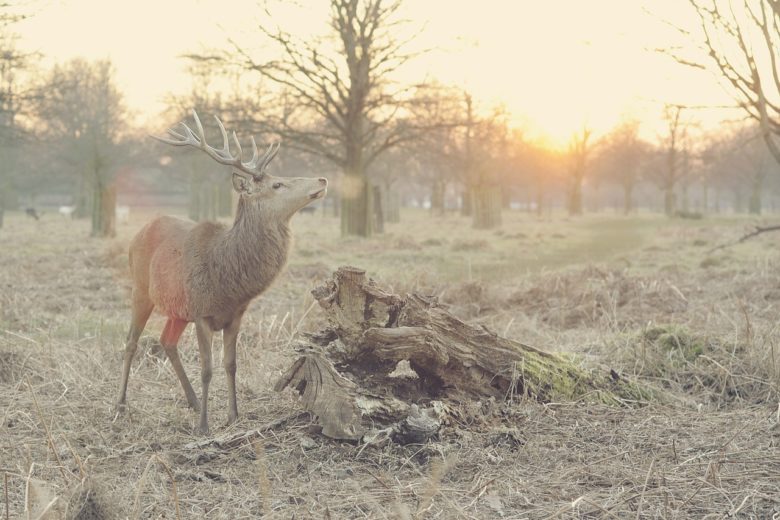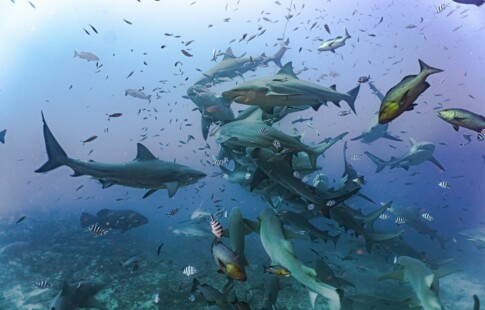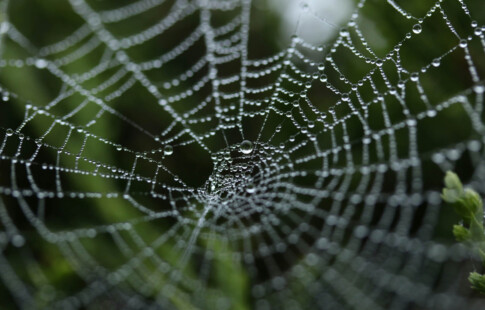
Do Animals Mourn Like People?
We are reader-supported. When you buy through links on our site, we may earn affiliate commission.
Grief is a universal human experience. We feel grief following the loss of friends, family members, pets and sometimes even strangers. Though funeral traditions vary from culture to culture, mourning remains a consistent aspect of human societies. Are humans alone in the experience of grief, though? Many people wonder whether animals may experience any of the same emotions. Some people even report behavior that seems like mourning when pets lose their owners or animal companions.
In the past, scientists hesitated to say animals experienced complex emotions like grief or love. However, new research suggests that the issue of animal mourning may be more complicated than people initially assumed.
Animals Display Grief Through Behavior
When trying to learn about animal mourning, scientists must turn to their behavior. Through observations, many researchers have noticed altered behavior in animals after the death of another in that animal’s species or social group.
For example, crows and other corvids gather around the bodies of their dead in what onlookers have compared to noisy funerals. When a living bird notices a corpse, it calls to gather others to the scene. Together, they’ll take in the sight before dispersing. This gathering of crows might seem to mirror a human funeral, and brain scans show that the crows may actually be committing the event to long-term memory.
Other animals show more emotional responses to death. Elephants capture researchers’ attention in part due to their complicated social lives. Elephants have been known to gather around the remains of other elephants. Some seem motivated by curiosity, while others act distressed, prodding and pulling at the body, rocking and refusing to leave.
Elephants’ strange behavior cannot be explained by a survival response, as animal grief researcher Barbara J. King explains. Instead, animal mourning behavior is marked by altered routines and signs of distress.
Other mammals, like baboons and dolphins, mourn the deaths of their young. After the death of a child, a mother baboon may seek comfort through social grooming. Researchers think this behavior decreases stress hormones called glucocorticoids, which increase in production after the death.
Dolphins and other cetaceans may mourn their deceased young by carrying them, disregarding survival and acting in response to distress and emotion. When animals display these behaviors, it’s difficult to attribute them to anything but grief.
Researchers Don’t Know How Animals Think About Death
Stories of animals acting strangely after the death of a companion remind many people of the very human ritual of mourning. These stories are heartbreaking, perhaps because they remind us a little of ourselves. However, scientists caution against assigning human traits to animals without more extensive evidence.
Scientists generally acknowledge that animals experience basic emotions like fear and pain. However, they have a murkier understanding of how animals experience complex emotions like love and grief.
In the past, humans rarely thought animals could experience empathy, a perspective stemming from an anthropocentric belief about the world. But could altered behavior and mourning rituals in non-human animals indicate something similar to the human experience of grief? To confront this question, biologists will need to understand its philosophical aspects.
If some animal species experience grief, it seems likely they may also experience emotions like love and empathy. Though it’s impossible for humans to really know how animals experience the world, neurological experts are starting to acknowledge the possibility of consciousness in animals. It makes sense that the biological components of human emotion and grief would occur in related species like primates and other mammals.
Whether or not animals fully understand death and their own mortality remains to be seen, though current research indicates that animals’ experience of grief may not be so different from our own.
Animals Have Complex Emotional Lives
Little research exists surrounding animals’ experience of grief. However, the research we do have indicates that some species may have more complex emotional lives than people previously assumed. From dolphins carrying their deceased to elephants mourning the loss of their relatives, many animals mourn their dead like people do.
Though we cannot know exactly how animals think and feel about loss, we can say with some confidence that they feel something. And that knowledge brings us closer to understanding our place in the animal kingdom.
Share on
Like what you read? Join other Environment.co readers!
Get the latest updates on our planet by subscribing to the Environment.co newsletter!
About the author

Jane Marsh
Starting from an early age, Jane Marsh loved all animals and became a budding environmentalist. Now, Jane works as the Editor-in-Chief of Environment.co where she covers topics related to climate policy, renewable energy, the food industry, and more.





